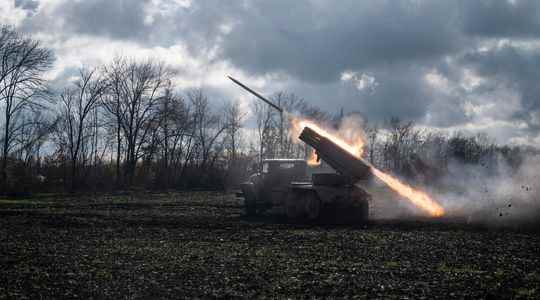By dint of lazily pointing out “upheavals”, “crossroads”, “new pages” and other “nothing will be like before”, we come to tarnish the authentic changes and to mislead on the nature of the events in progress. So with the conflict in Ukraine, which can be interpreted in a thousand ways, but certainly not as a revolutionary novelty!
First, because war has never been completely absent in Europe; admittedly, no State has invaded another since 1945 on the subcontinent, but the Yugoslav civil war had indeed embodied a murderous conflict in the 1990s. It will also be recalled that Azerbaijan attacked Armenia in September 2020, these two States appearing on the Council of… Europe. Let’s hazard the following prediction: the high-intensity fighting will somehow end (fragile ceasefires violated for decades or a formal peace treaty), Ukraine and Russia will continue to exist side by side, as good neighbors or enemies. Nothing but very banal with regard to Braudelian “long times”.
The importance of geography…
“Geography is first and foremost used to make war”, prophesied in 1975 the master in geopolitics Yves Lacoste. That of the Dnieper, whose width hundreds of meters constitutes an exceptional front line, that of the autumnal mud, which will cripple heavy vehicles and that of the winter cold which will soon exceed minus 20 degrees, paralyzing any major infantry offensive. And the fact that missiles fall on the rear of the front, in kyiv or in Crimea, will not substantially modify the relationship of forces which is most often essential, that of the front. Let us insist: no military conflict can be seriously observed without taking into account the eternal geography in which it takes place.
Thirdly, it is perfectly possible to wage war out of ideology and even for mystical, religious or sentimental motives (hate, revenge), without taking into account the staggering costs that it could cause, even by sacrificing all or part of one’s resources. Contrary to what economic professionals like to believe, accounting rationality does not mechanically embody the main variable in the decision to go to war; the one triggered by Putin is an extremely clear translation of this, and, alas, the lesson does not only apply to authoritarian regimes; in 1914, France and the United Kingdom, authentic democracies, took the crushing responsibility of risking overturning the table of their prosperity and their rise to power…
…and motivation
Fourth point, the motivation, which Napoleon I said that a soldier who possessed it was worth three, remains an essential explanatory factor of victory in any theater of military operations. Since February 24, everything points to a considerable difference in motivation between Ukrainian and Russian soldiers. And neither the firepower of the Russian artillery, nor the nuclear threats of the Kremlin, nor even the mass of engaged soldiers played a decisive role.
Finally, what could be less innovative than the urgent need to use quality weapons, and with efficiency? The iron swords of the Hittites against those of bronze of their enemies, the yew bows of the English against those, classic, of the French archers, the cannons of Bonaparte in front of the Mamluk horsemen, the Prussian machine guns against the French rifles… Ukraine, the Russians have massively deployed the most cheesy weapon since the Yom Kippur War of 1973: the tank. Quite effective in crushing civilians and freedoms in dictatorships, it is vulnerable to land and air anti-tank devices – the famous drones -, especially in the rainy season and without refueling!
“Cardboard Missile”
Faced with Ukraine’s flexibility in the use of more modern and skilfully handled weapons, efficient logistics and a relatively young command, the new Russian supersonic missile supposedly revolving seven times around the Earth and several times on itself (but, let it be said by the way, invisible during the May 9 parade in Moscow) embodies a cardboard sword of Damocles.
So nothing new in Ukraine, and certainly not the essential: for those who experience it, war has never been and will never be an abstraction, but a debauchery of death, suffering, mourning, resentment and of lies.
